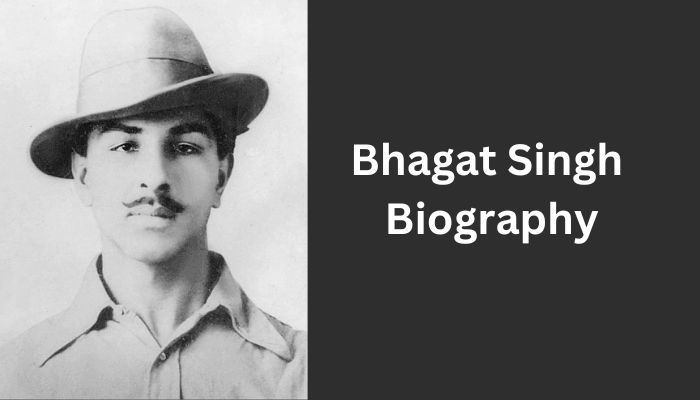Bhagat Singh, a revolutionary fighter, played a crucial role in India’s struggle for independence. Born on September 28, 1907, in Banga village, Punjab (now in Pakistan), into a Sikh family, he was influenced by his father Sardar Kishan Singh and uncle Sardar Ajit Singh, both freedom fighters.
A brilliant student, Bhagat Singh embraced socialism and nationalism. In 1928, he joined the Hindustan Socialist Republican Association (HSRA), becoming a prominent member.
The HSRA, advocating violence for change, assassinated British police officer James Scott in Lahore in 1928. Bhagat Singh was a key figure in this operation.
In 1929, HSRA bombed Delhi’s Central Legislative Assembly against British rule. Bhagat Singh and his peers were arrested, charged with terrorism, and given the death sentence. He was hanged on March 23, 1931, aged 23.
Bhagat Singh’s sacrifice turned the tide in India’s fight for freedom, inspiring countless youths. He’s an enduring figure in India’s history.
Noteworthy events in his life:
- 1923: Enrolls in National College, Lahore.
- 1926: Joins Hindustan Socialist Republican Association (HSRA).
- 1928: Masterminds James Scott’s assassination.
- 1929: Central Legislative Assembly bombing.
- 1931: Executed on March 23, aged 23.
Bhagat Singh’s legacy remains potent. A fearless patriot who laid down his life for India’s freedom, his example inspires those fighting for justice and equality.
Relevant quotes by Bhagat Singh:
- “It is easy to kill individuals, but you cannot kill ideas.”
- “The only way to get rid of an evil is to destroy it.”
- “The future belongs to those who believe in the beauty of their dreams.”
- “It is better to die on your feet than to live on your knees.”
ALSO READ:

